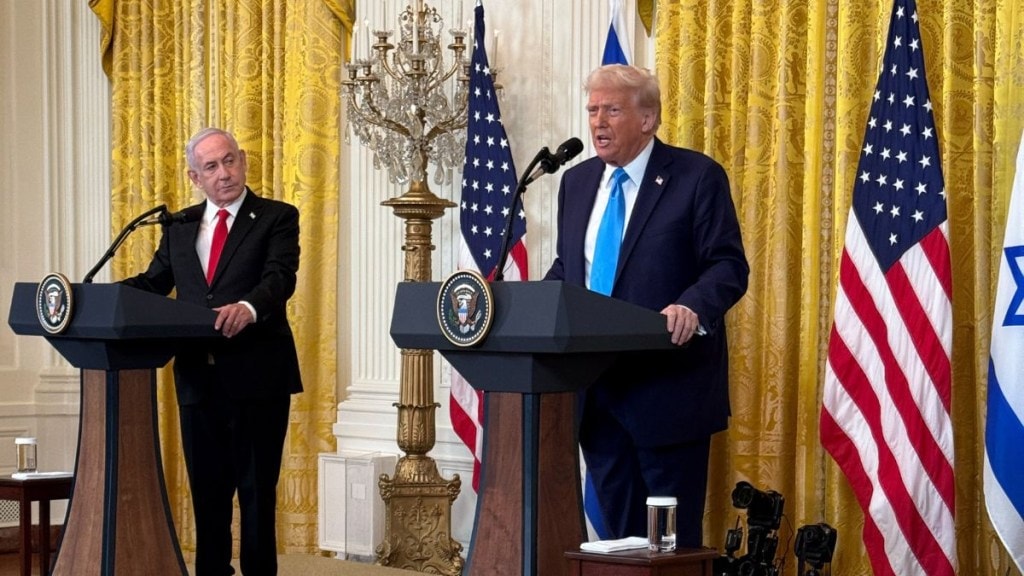Israel-Iran War: Two senior Israeli officials have claimed that despite public US statements distancing themselves from Israel’s surprise airstrikes on Iran, Washington had given a clear private green light to Israel before it hit Iran. “We had a clear US green light,” one Israeli official told Axios. The operation targeting nuclear sites, missile bases, top generals, and scientists was reportedly planned for eight months.
This assertion contradicts US Secretary of State Marco Rubio’s public description of the assault as a “unilateral action.” However, President Donald Trump’s rhetoric suggests he knew about the strikes in advance. “They got hit hard, very hard… and there’s more to come,” Trump said on Friday, hinting that the Israeli move aligned with an ultimatum he had given Iran to finalise a nuclear deal.
What Trump said on the Israel-Iran conflict?
Trump’s comments on Truth Social point to a broader strategy: using Israel’s military posture as leverage. “I gave Iran chance after chance to make a deal,” he wrote. “Just do it, before it is too late.” He later confirmed to The New York Post that he had sent Iran’s Supreme Leader Ali Khamenei a letter giving a 60-day window for agreement. “Today’s day 61,” Trump said after the strikes.
US intelligence, including the CIA, had been briefed in April and May about Israel’s intentions. Officials reportedly praised Israel’s plan, which included cyberattacks and precision airstrikes designed to disable Iran’s nuclear program without direct US involvement.
Iran responded with a barrage of ballistic missiles, killing at least one Israeli civilian and wounding others. In turn, Israel claims its military intercepted many incoming threats. Prime Minister Benjamin Netanyahu and Defense Minister Israel Katz took shelter in a secure bunker, while Iranian officials said Israel’s airstrikes killed 78 people and injured more than 320, many of them civilians.
US helps Israel in intercepting Iranian missiles
Trump confirmed that the US helped shoot down Iranian missiles aimed at Israel but stopped short of committing to a broader military role. “We’re their number one ally,” he said of Israel, adding only, “We’ll see what happens.”
While Trump insisted he preferred a diplomatic solution and once even appeared open to limited uranium enrichment, he has continued to insist that Iran must not acquire nuclear weapons. “I tried to save them very hard because I would have loved to have seen a deal worked out,” he said.
But with Tehran vowing retaliation and diplomatic talks on hold, experts suggest Netanyahu’s decision to act may have effectively collapsed the negotiation process.

